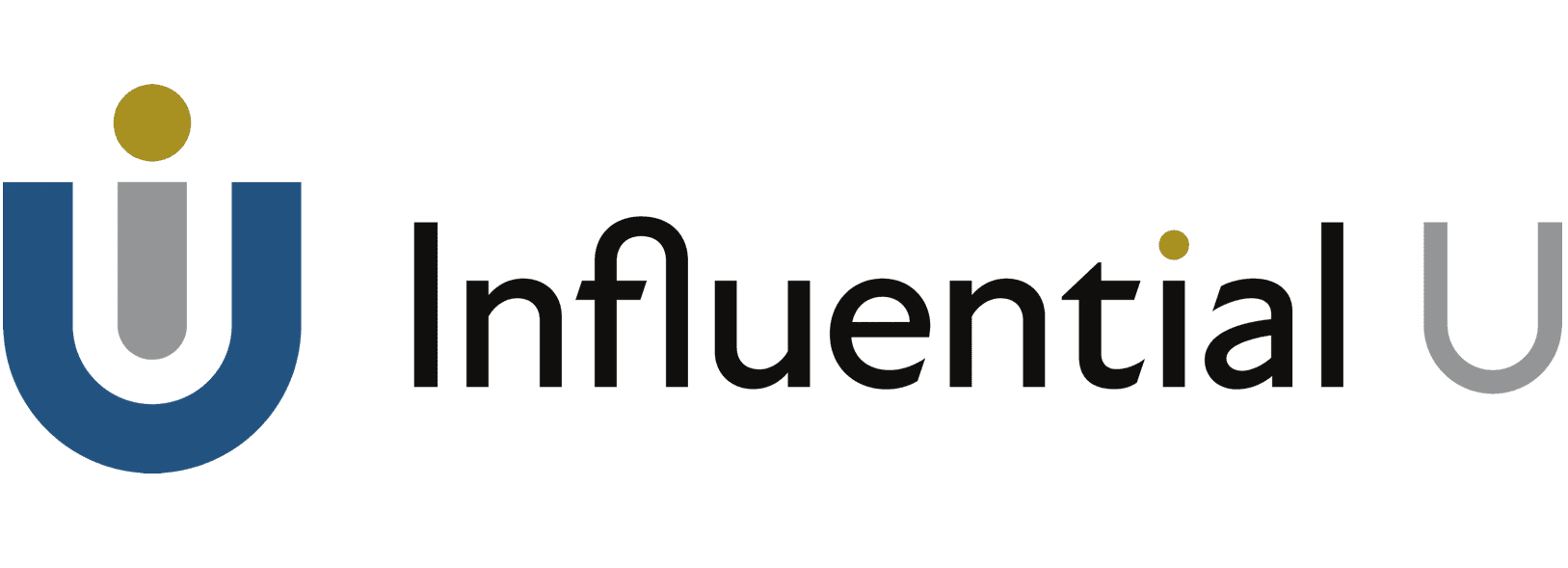A Google search for ways to make extra income will result in some 4.5 billion results talking about side hustles, second jobs, and even clinical trials. But how do you earn more wages from your current job? You don't have time for more work; you want less of it. It starts by being in the driver's seat of your own value rather than hoping for a promotion and accepting whatever you get. Here are five secrets to pulling more income from your current job.
Many of our professional role models have extraordinary ambition, influence, or accomplishment. Whether they took a start-up public, became highly influential, or ascended rapidly to the C-Suite, what these people share in common is they worked to accomplish something that isn’t effortless, commonplace, or ordinary. In fact, it took specialized knowledge and deliberate practice to produce the authority, fitness, and opportunity to deserve higher rewards.
What are these secrets? It’s common to think about earning more income like an equation: right degree + right job + hard work = more pay. Not only is this approach unsustainable or replicable, but it can also leave you in debt, unhealthy, and with little time for the things you love. Worse, you’ll feel fundamentally thwarted. You got a good education and a good job, but your friends or colleagues climb the ladder faster. What gives?!
Here are five secrets to pulling more income from your current job:
- Make friends with the big picture
- Develop a valued identity
- Devise ways to mitigate your cost
- Offer more help (not more work)
- Don’t get an MBA, get influential
Make friends with the big picture
As a CEO, what matters most is having a team interested in the bigger picture—our primary purpose, specific strategies, and distinct objectives. For example: How do we get there faster, cheaper, and with less hardship? How do we grow our sales? How do we serve our customers as promised? How do we maintain our desired culture or driving purpose? How do we increase shareholder value?
These questions are similar in most companies. So, being valued begins with understanding your role in the bigger picture. More pay begins with a reputation for having your sights and actions on those aims.
The bigger picture isn’t static, however. Business can move fast, pivots are the norm; so, keeping up with where the CEO is guiding the ship isn’t a one-time event. I need everyone rowing the boat in the direction I’m heading. If you’re not, I need to throw you overboard. Making friends with the big picture is not only about understanding your role in helping the organization meet its aims, but it is also about making friends with those directing it. Invite those in leadership to lunch, ask questions, and request their mentorship. This isn’t about brown-nosing; this is about working to become more valuable to the bigger picture. If you don’t know the larger objectives, you can’t remain valued by those directing that vision.
One question you must ask is, “to whom do I need to be seen as more valued?” It may surprise you to discover that your managers or directors may be your most important internal customers.
Develop a valued identity
This leads us to your identity within the organization. Your value isn’t about how much you work (or how hard); it’s about how specifically you help solve the company’s breakdowns faster and with less friction or dysfunction. You are both valuable and costly (we’ll get to cost in a moment). Your value to your company is your ability to serve the bigger picture in both reliable and uncommon ways. Before you consider boosting your value, the first fundamental is to act as expected, on time, and with little cost. If you’re not doing this, make this correction first.
Second, your value isn’t what you say it; it’s what others say it is (sorry, entitled folks). Your valued identity is something earned through action over time. You can certainly nurture your personal brand, but this isn’t entirely in your hands. Build a more valued identity by aiming your help, solutions, and services toward specific breakdowns (in meeting the organization’s objectives. Note, I’ll keep saying this until it gets in). Make sure your superpowers are expressed publicly (not privately).
Forbes magazine spotlights this in an article about building your personal brand at work.
Early on in my career, my manager told me that if no one else in the company actually knows about my work accomplishments, those accomplishments won’t really count for much. However, as someone who spent the majority of my career working in brand marketing, I quickly discovered the power and necessity of positive PR on the growth and positive trajectory of products and brands. So it didn’t take long for me to realize that my own internal PR within an organization would have a direct impact on my own personal brand and career trajectory.
This is about changing the way other people see you, especially when your personal brand is holding you back from reaching the next stage in your career. For example, if other people put you in a certain box, how do you shift those perceptions? One way to reshape your professional identity is to engage in projects, roles, or initiatives that strengthen your desired identity. “Actively seek out and volunteer for high-profile roles and assignments where you can demonstrate your desired identity in action.” This includes speaking to groups, networking internally, and connecting with centers of influence.
Devise ways to mitigate your cost
Asking someone to pass the salt is costly to the person doing the passing. Most of us are blithely unaware of the cost we are to others. Have you considered that a new idea is costly to those trying to complete things on a checklist? What about the cost of analytical thinking to those attempting some creativity? Then there are those over-chatty folks that care more about your weekend than you do. We can all relate to the moment when our phone rings, we see the name and sigh, “I can’t deal with them right now.” However, sometimes this exasperated eye roll is in our direction.
How do you know when you’re costly? This may be bad news, but the trait you most flaunt may also be your demise. Every personality trait is valued until it’s costly. Even Mark Zuckerberg’s creativity motto “move fast and break things” is akin to an arsonist setting fires his colleagues (and the world) have to extinguish. Sometimes our superpower is also our kryptonite.
Striking a balance between being high value and high cost is where most people get it wrong. They are unaware that their value is obliterated by their cost. Find ways to know how you might be costly to others and develop habits to mitigate it.
Offer more help (not more work)
If you think you’re super helpful, let’s inspect that. Nothing is more costly than walking into another person’s office to ask, “can I help with anything?” Now, you’ve placed the labor on someone else to invent ways for you to help. Instead, make your offer to help more specific. Ask yes-no questions. Offer to help with a specialized solution to a particular breakdown. Be wary of offering help where none is needed; way too often, vendors and employees offer me solutions for breakdowns I don’t have.
One of the ways people increase their income, job satisfaction, and security is by being an intrapreneur. While you may not think it true, many companies are receptive to ambitious individuals who offer specialized solutions, ideas, or projects—they create the job or role they seek within an organization. While an entrepreneur sets up their own business with a new idea or concept, an intrapreneur is an organization employee who makes an offer to undertake innovations in product, service, process, etc. They have transacted for the resources, time, and freedom to develop the project as an entrepreneur would. If you can package your specialized knowledge to help the company achieve its aims faster, you’d be surprised how quickly they’ll accept an intrapreneurial offer.
Don’t get an MBA, get influential
Master’s Degrees Are the Second Biggest Scam in Higher Education, Jordan Weissman writes, “The Wall Street Journal published a troubling exposé on the crushing debt burdens that students accumulate while pursuing a master’s degrees at elite universities … where the job prospects are limited, and the chances of making enough to repay their debt are slim.” Not only do some degrees leave you “financially hobbled for life,” but they are also no guarantee of higher pay.
For decades, earning a master’s degree (or higher) has been a means to get a leg up; however, it offers no assurance that you are transacting for higher incomes. You still require transactional competence, the ability to engage in the marketplace to get the roles, jobs, and pay you desire. This dynamic equation includes increasing your value, reducing your cost, offering specialized solutions, and solving for the big picture.
Don’t rely on trading labor for wages; rather, use some savvy to transact for more freedom, time, and money. You’ll join your friends in climbing the ladder or pulling more income from your current job.

AUTHOR
John Patterson
Co-founder and CEO
INFLUENTIAL U
John Patterson co-founded and manages the faculty and consultants of Influential U global. Since 1987, he has led workshops, programs, and conferences for over 100k people in diverse professions, industries, and cultures. His history includes corporate curriculum design focusing on business ecosystems, influence, leadership, and high-performance training and development.



